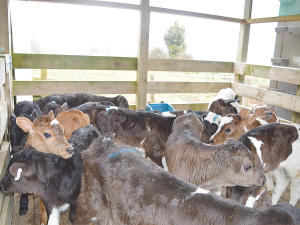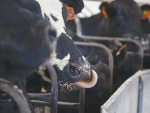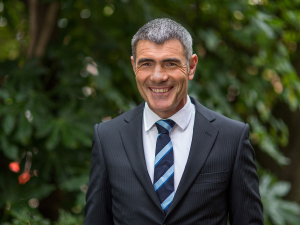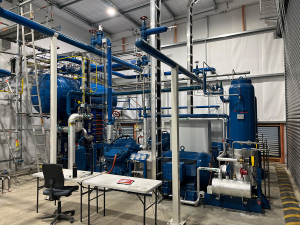Whenever calves leave the farm on a truck – work with your transporter to ensure their job as easy as possible and that your calves are treated with care, DairyNZ advises.
“You can position your bobby calf pick up and slink collection point to improve on-farm biosecurity by reducing the risk of exposure to pests, weeds and disease,” the dairy industry good organisation says.
It also suggests using the red, orange, green system to map out zones on your farm.
Rules for the red, orange and green zones
• Red: No go areas for visitors, tankers, livestock trucks (i.e. paddocks and heifer rearing sheds). Red zones can only be entered after a visitor carries out biosecurity requirements.
• Orange: Areas that have a mix of cows, farm staff, visitors and equipment (i.e. the milking shed and bobby calf sheds.
• Green: Areas that have unrestricted access to visitors, their vehicles, tankers and livestock trucks, but restricted access by cows (I.e. the milk tanker track, access tracks to houses on farm, bobby calf and slink pick up points).
The bobby calf and slink truck should remain in the green zone while on farm. When loading bobby calves, minimise crossover between the truck, drivers and the inside of your bobby calf sheds.
Holding and loading facilities should be designed and constructed so that calves are able to walk directly from the loading facility onto the truck.
Health and safety regulations mean that it is no longer acceptable for transporters to repeatedly lift calves from the ground to truck deck height. Raised loading facilities will also help to improve the wellbeing of calves being transported.


















